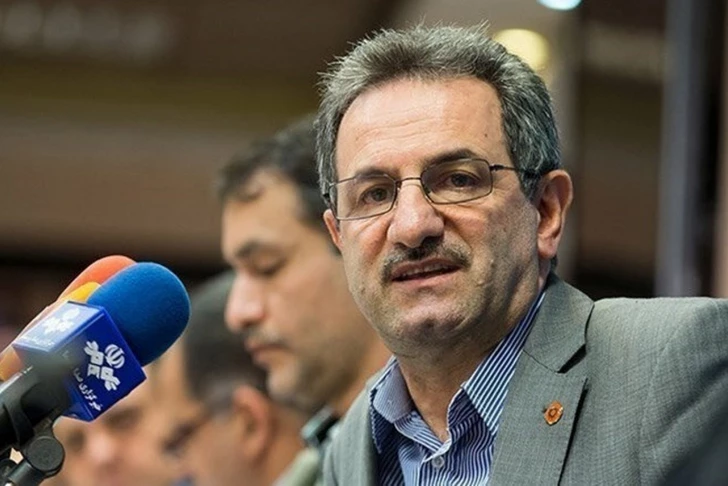Baku — September 8, 2025
Iran’s Deputy Minister of Cultural Heritage, Anoushiravan Mohseni, has acknowledged that the armed attack on Azerbaijan’s embassy in Tehran led to a massive drop in Azerbaijani visitors — an estimated 1.8 million tourists.
Speaking at a press briefing, Mohseni said:
“In 2019, our country welcomed 9.8 million tourists. The pandemic slowed numbers the following year. But as a result of the incident against an Azerbaijani citizen at the embassy, we lost 1.8 million tourists from Azerbaijan.”
The reference was to the January 27, 2023 assault, when an Iranian citizen, Yasin Huseynzade, stormed Azerbaijan’s embassy in Tehran with an assault rifle. He killed head of security Orkhan Askerov and wounded guards Vasif Tagiyev and Mahir Imanov. The attack prompted Azerbaijan to suspend embassy operations, evacuating staff and their families on January 29, 2023.
Azerbaijan’s State Security Service launched a criminal case, while Baku honored the victims. Askerov was buried on the Second Alley of Martyrs and posthumously awarded the “For the Motherland” medal. Tagiyev received the first-degree “Bravery” order, and Imanov the “For the Motherland” medal.
The embassy remained closed for more than a year. Following bilateral talks, it reopened on July 15, 2024 at a new location, with diplomatic staff resuming duties in Tehran.
The assailant, Huseynzade, was sentenced to death after a two-year trial. Iran’s Supreme Court upheld the verdict, and he was executed by hanging on May 21, 2025, according to the Ministry of Justice.
The tourism fallout highlights how the attack reverberated far beyond diplomacy, striking directly at people-to-people ties. Before the incident, Azerbaijani tourists had been among Iran’s most frequent visitors, contributing to the hospitality and retail sectors.
For now, Iranian officials concede that the damage is not easily reversed. Whether the reopening of the embassy can restore trust — and travel flows — remains an open question.


